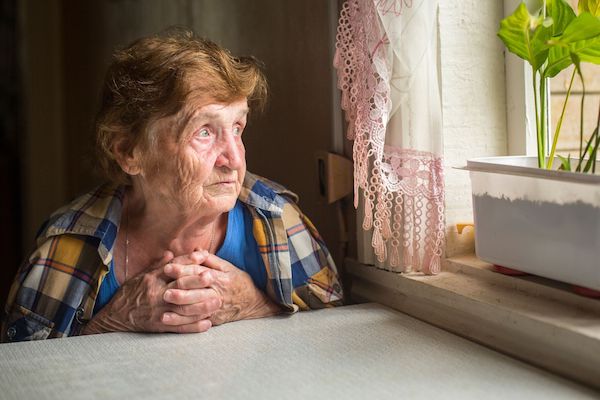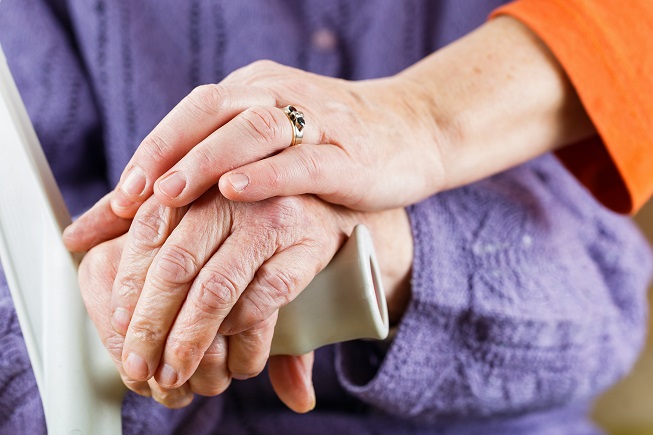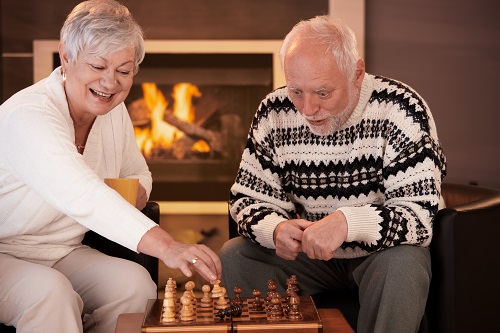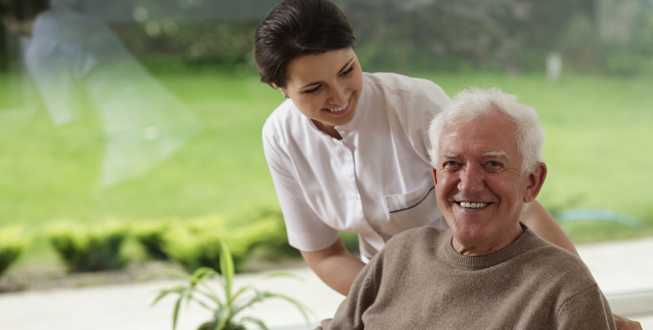All About Social Isolation in Seniors

“No man is an island” is a saying that’s been repeated so often that it’s somehow lost its gravity. But its meaning, that most people cannot flourish successfully all on their own, is actually as true and as serious now as it was when it English writer, John Donne, first made it popular in 1624. It’s even been found that social isolation can be downright detrimental to a person’s physical and emotional well-being, and the elderly are particularly at-risk for the negative effects of social isolation.
How does it start?
There are a myriad of reasons why elderly people might find themselves lacking any meaningful relationships. Some common ones are when spouses pass on or when family members move away for work, when they develop health problems and disabilities that affect their ability to go out and socialise, or when friends from their age-group get sick and eventually die. These are almost universal experiences for people and can contribute to social disengagement, especially in seniors.
What are the effects of loneliness and social isolation on the elderly?
Many studies have shown that being withdrawn from any significant relationships can have some very real effects on seniors. Here are some of them:
- Loneliness has adverse effects on a person’s cognitive performance and mental health. Interaction and socialisation are important aspects of human life, and engaging with others helps us “keep young.” The opposite does have some neurological effects like dementia.
- Social isolation increases the risk of mortality in older adults. This is possibly due to the elderly living alone not having companions who might help them recognise or act (like see a physician) when illnesses or medical conditions arise. Falling or getting injured while alone may also be a factor in this.
- The rate of elder abuse is certainly higher when seniors are kept isolated from people who care for them. Abusers tend to separate their victims from others so that their acts are undetected. Thus, elderly folk who are neglected or abused cannot speak up about this to others who might be able to help.
- Loneliness and isolation have been proven to have links to to depression, high blood pressure, heart disease, among others.
How can one help seniors avoid isolation?
Fortunately, there are about as many ways to help remedy social isolation in seniors as there are negative effects. Take a look at some of them:
- Help them get connected through technology. If there’s one thing to thank the Internet for, it’s how it keeps us in touch with loved ones no matter how scattered we all are across the globe. E-mail, social media, and chat programs can help the elderly reach out, and participate in the lives of the people they care about, or be engaged in communities of people with similar interests, even if they can’t leave the house! Just remember to teach them basic Internet Safety basics.
- Volunteer or work with seniors. Seeing a friendly face once in a while can really brighten a senior’s day. If you’re so inclined, there are many programs in Sydney and the rest of the country where you can personally work with or volunteer with the elderly who might be feeling lonely at home. Volunteer.com.AU regularly has some social support openings for volunteer drivers, senior centre assistants, meal and book deliveries, and more. If you’re a senior, you can also sign up for these services through the Australian Red Cross and other companionship and social support providers.
- Encourage them to volunteer or take classes. They don’t have to be on the receiving end of things all the time. Socialising with others is key, and what better way to do it than by volunteering or learning something new. Doing so will empower the senior, help them develop their skills, and give them something to look forward to.
- Help them address mobility and sensory issues. Challenges in moving about, and hearing and seeing problems make it harder for the elderly to interact with others. In cases of mobility issues, equipping them with scooters, wheelchairs or canes can encourage them to go out. Rehabilitation and physiotherapy may also address problems related to movement, so it’s best to see a specialist to learn . As for bad vision and hearing, regular eye or ear check-ups, new prescription glasses, hearing aids, and the like can improve things for seniors. (Also, as mentioned earlier, they can also sign up for transport services with volunteer groups.)
- Encourage them to maintain relationships. Apart from taking advantage of technology to communicate with loved ones, seniors may also benefit from finding friends within their communities. Attending classes or church (if they’re religious), going to group exercise programs, and taking part in goings-on around them can give them a new lease in life.
And besides those, pet ownership has also been proven to help seniors through depression and loneliness – and even if they can’t own a pet, there are organizations like Therapy Dogs and Delta Therapy Dogs who can arrange visits.
Kalinga is a mobile app that can connect elderly patients with capable and experienced carers and nurses who can help address issues like social isolation, in addition to providing assistance for day-to-day concerns like the patient’s mobility, medication, getting exercise, and more. If you’re looking to hire a carer or nurse for you or a loved one, sign up and find the help you need!





 Community Service and its Role in Improving Quality of Life for the Elderly and Disabled
Community Service and its Role in Improving Quality of Life for the Elderly and Disabled
 Why the Elderly Get Sick During the Winter and How to Stay Healthy
Why the Elderly Get Sick During the Winter and How to Stay Healthy
 Helping the Elderly Adapt to Technology
Helping the Elderly Adapt to Technology